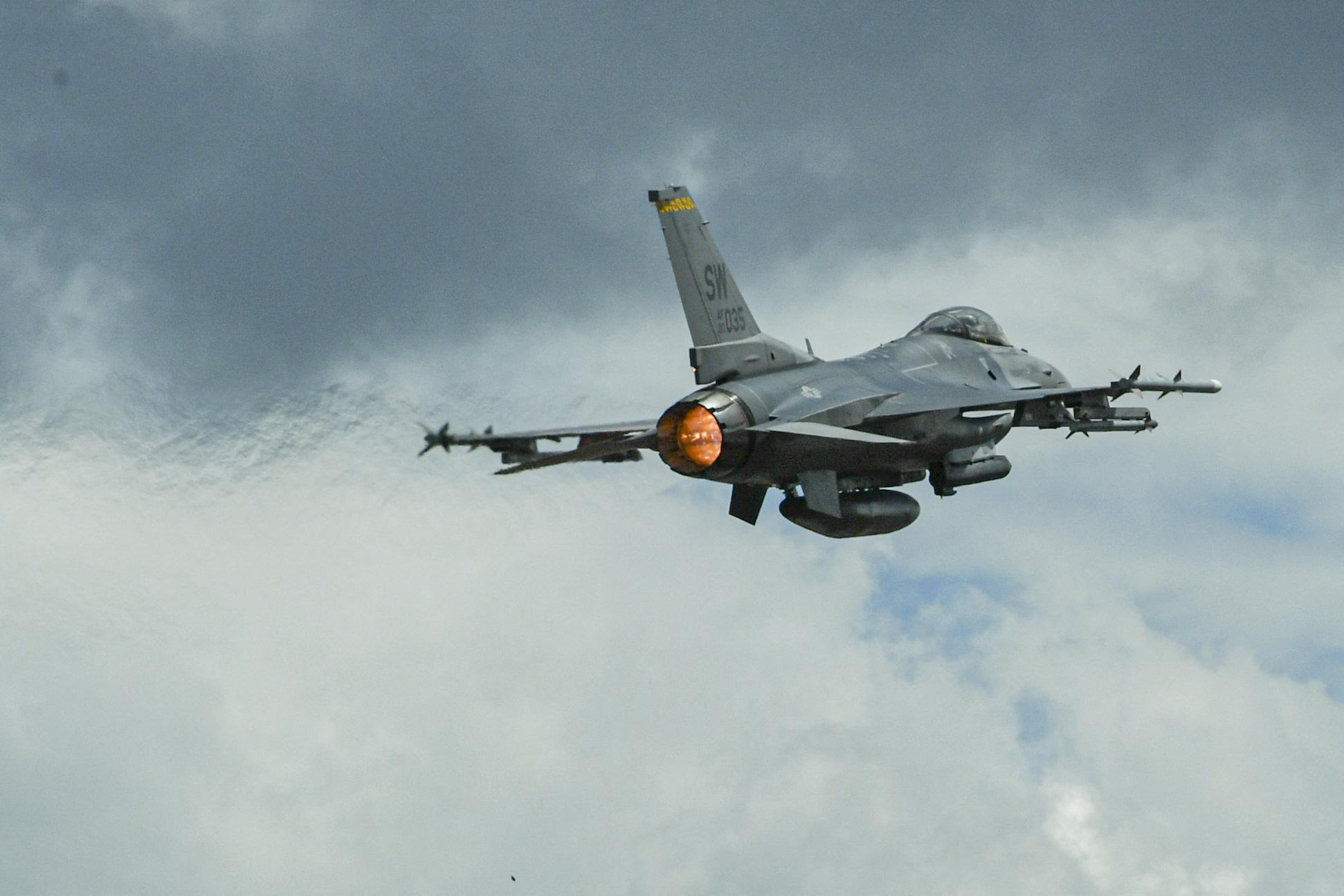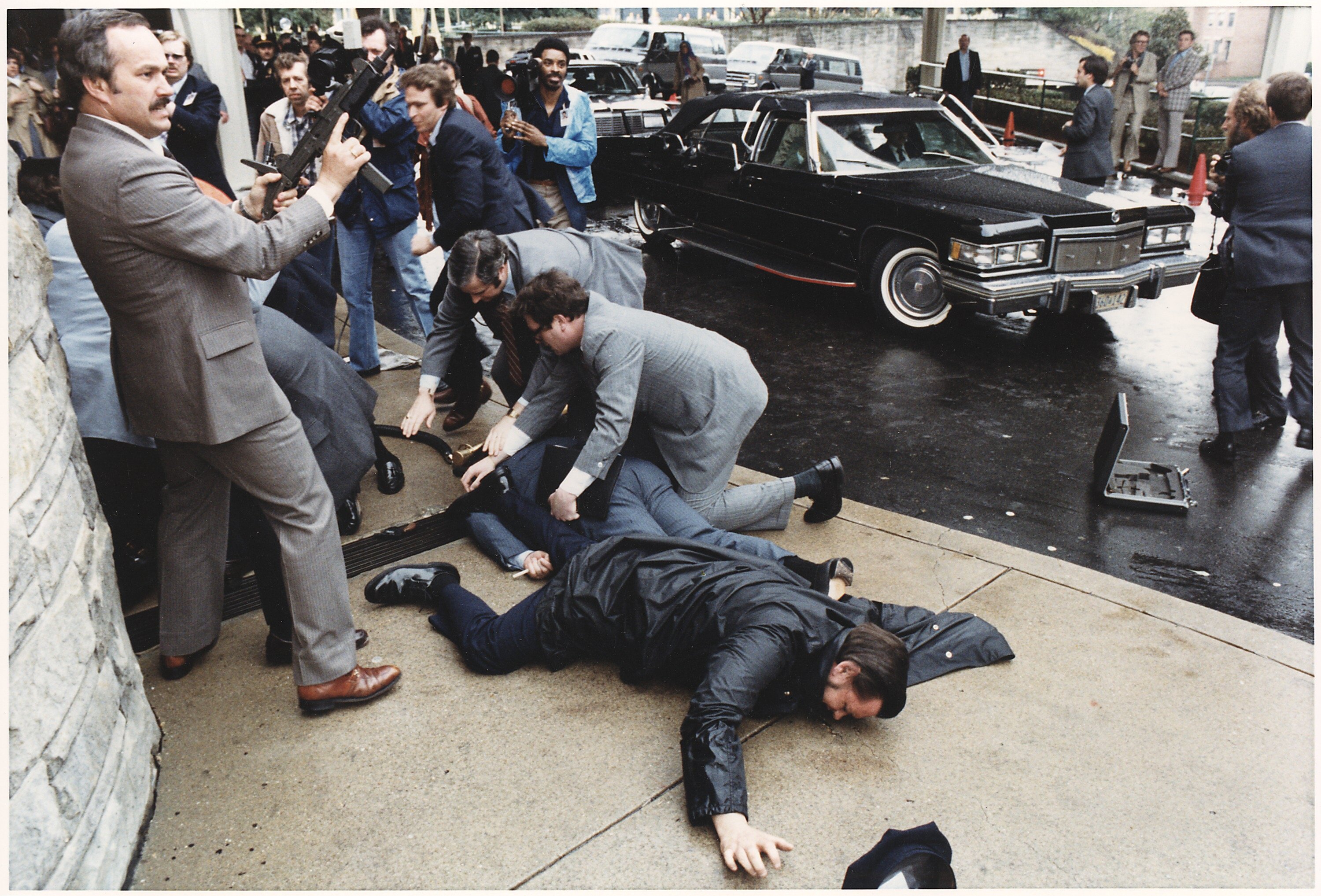Bombs from Yemen (Updated)
We still don’t know a lot about the two package bombs from Yemen that were discovered the other day. Although I’m pretty certain that the next time I go to Fed-Ex on Hadda street to mail kilos and kilos of books back to the US it will be much more difficult than it ever has been before.
Mostly, for me, the incident raises more questions than answers. But first: what we know, or at least, what I think I know.
1. Al-Qaeda in the Arabian Peninsula is an incredibly active organization that keeps poking and prodding at US defenses trying to find a way in.
2. Current US and Yemeni counterterrorism strategies are not working in Yemen. (I said as much to Robert Worth of the New York Times, in his article today.) I have been incredibly disappointed in the Obama Administration. Here we are, nearly a year after the failed attack to down the Northwest airliner on Christmas Day 2009, and there has still been almost no serious intellectual grappling with the challenges Yemen presents.
One year on, US policy is still lost in the desert. Thankfully, there seems to be a realization that an invasion would have catastrophic consequences, expanding the size of al-Qaeda by a multiple of ten. The US also seems to have realized – after air strikes that killed civilians and one that killed a government official – that its policy of attempting to decapitate the leadership of AQAP was exacerbating the problem. Not only does AQAP have a durable infrastructure in Yemen, thanks to years of US and Yemeni government neglect, but it was also turning US errors to its advantage in the recruiting wars. And let me be clear, if the US and Yemen can’t stop al-Qaeda from recruiting new members this war will never end.
As it is, the US still has not figured out how to fight this new type of war without invading a country, while still being able to protect its own borders from attacks launched from Yemen. It is a serious problem and demands serious attention. Unfortunately, the US seems overburdened in Iraq and Afghanistan and unable to pay enough attention to Yemen. Just look at the resources (particularly diplomatic) that the US is putting into the country. US public diplomacy in Yemen is a joke. The US has ceded the field to al-Qaeda. Is it any wonder that its message is carrying the day?
3. This tells us little about Anwar al-Awlaki despite what some in the press keep saying. And while we are at it: I don’t know much about Sky News or Sarah Gordon, but I do know that the following is not true:
“AQAP leader Anwar al Awlaki – a former aide to Osama bin Laden – speaks fluent English, having lived in both the UK and US.”
I mean she got his name right and he did live in the US and the UK, but he is not an al-Qaeda leader and was definitely never an aide to Osama bin Laden.
She must mean Nasir al-Wihayshi, who actually is the leader and was aide to bin Laden and happens to be much more of a threat to US national security than al-Awlaki.
I expect that kind of nonsense coming from journalists just coming to a story, but I demand better from my “terrorism analysts” – whatever that title means (I have been called one and I still don’t know what it means or signifies). Case in point, is this exchange between the New York Times’ The Lede blog with Sajjan Gohel of the London-based Asia-Pacific Foundation.
“In a telephone interview, Mr. Gohel said that the latest plot appeared to confirm the growing threat from Al Qaeda in the Arabian Peninsula, the Yemen-based group, and the American-born radical cleric Anwar al-Awlaki, who has been linked by American and British intelligence officials to a succession of terrorist plots in recent years. ….
been saying for the past year that Mr. Gohel, the terrorism analyst, said the importance of Mr. Awlaki and the Yemen-based Qaeda group he leads rested on the fact that they operate independently from the leadership of the main branch of Al Qaeda, with their own membership, cell structure and finances. “I’veal-Awlaki is the most dangerous ideologue in the world,” Mr. Gohel said. “Unlike bin Laden and al-Zawahiri, he doesn’t need subtitles on his videos to indoctrinate and influence young people in the West.” Because he was born and raised in the United States, and lived for two years in Britain, Mr. Awlaki “understands the Western mindset — he has a better grip than bin Laden and Zawahiri when it comes to plotting terrorist attacks,” he said.“
Now, I’m not saying that Anwar al-Awlaki isn’t a threat, just that he isn’t the same level of threat as Nasir al-Wihayshi, Said al-Shihri, Qasim al-Raymi, Adil al-Abab and numerous others. Just because he speaks English and we in the west can understand what he is saying doesn’t put him on par with bin Laden. It is discussions and analysis like this that leads to the mistaken belief that assassinating Anwar al-Awlaki will make the US and Europe safer. That is just not true. Killing him would do little to disrupt AQAP activities. He does not have the sway of any of the individuals I mentioned above. Just because he is the only name most people know doesn’t make him the most dangerous man. It just makes him the only person you know.
Now for what I don’t know, or at least think I don’t know.
1. And the most interesting point for me is the Saudi tip. It is no secret that Muhammad bin Nayyif, the assistant Min. of the Interior and AQAP’s #1 enemy, has developed and been running operatives in Yemen, paying off tribesmen and working to make sure that AQAP doesn’t succeed. AQAP is certainly well aware of it. So what exactly happened? What kind of a tip was it and who gave it?
If the story about the Saudi tip is true – no guarantee. Then not only does this tell us a lot about Saudi’s operations in Yemen (albeit short on details) but it also tells AQAP a lot about Saudi’s operations in Yemen.
For me, and from the perspective of someone who studies AQ in Yemen, this is the most interesting and potentially encouraging part of the entire story.
2. The bombs themselves. The material PETN is the same used in the assassination attempt of Muhammad bin Nayyif last year and the Christmas Day plot. This plot – not all of which we know about yet – suggests to me the same mind at work. So are these all the work of a single bomb maker? Is this one guy, a team of guys? One would assume that he at least has an apprentice. Still the nature of the plot is what is interesting to me, it suggests either A.) the mastermind of the three plots, despite numerous US airstrikes, is still at large (bad) or B.) that this type of plot now characterizes AQAP’s top-level group-think for which ideas to attempt to implement (worse).
PS: Oh, and hopefully this can finally put to bed all those ridiculous stories I keep reading about how AQAP is changing its focus. The group has been clear since early 2007 that it makes no distinction between the US and its agents (Yemen and Saudi Arabia). For those who say the recent spate of assasinations are proof that AQAP is changing its focus to Yemen only or Saudi Arabia, and leaving aside yesterday’s news, I would point out that one of the first attacks by a reconfigured al-Qaeda under al-Wihayshi’s leadership was the assassination of a security official in Yemen in early 2007.




